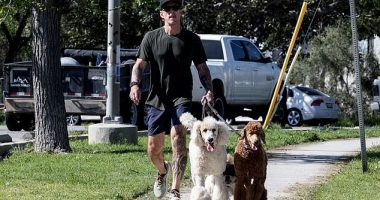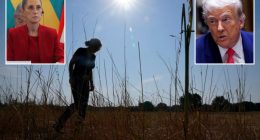The woman, aged in her late teens, is the third person to die of the disease in NSW this year.
There have been 29 cases overall so far in 2022.

While meningococcal disease is now uncommon thanks to vaccination, it can occur year round.
NSW Health said cases tended to increase in late winter and early spring, with a slight surge in recent weeks.
Babies can receive the meningococcal B vaccine from six weeks of age and the meningococcal ACWY vaccine at 12 months.

Children under five and 15- to 25-year-olds are at the greatest risk of contracting the disease.
Health Protection NSW executive director Dr Jeremy McAnulty said early intervention can be lifesaving.
Read Related Also: 5 K-pop Celebrities That Have Publicly Revealed Their Plastic Surgeries | TG Time
“Meningococcal disease symptoms can appear suddenly and become very serious very quickly,” McAnulty said.

The subvariants and mutations of COVID-19
“I urge everyone not to discount symptoms when they appear or assume it may be just a mild infection. If you suspect meningococcal disease, don’t wait for the rash – see a doctor immediately.”
Meningococcal disease can be fatal within hours if left untreated. Knowing the symptoms could help prevent premature death or life-long disability. They include:
- Severe, unexplained limb pain
- Difficulty waking up
- High pitched crying in babies
- Severe headache
- Upset by bright lights
- Stiff neck
- Red-purple rash which doesn’t disappear when pressed with a glass
“While it is a well-known symptom of meningococcal disease, the rash does not always occur, or may present late in the illness,” McAnulty said.
“If symptoms rapidly worsen, or if your child is very unwell, call Triple Zero (000) or go straight to your nearest emergency department.”







